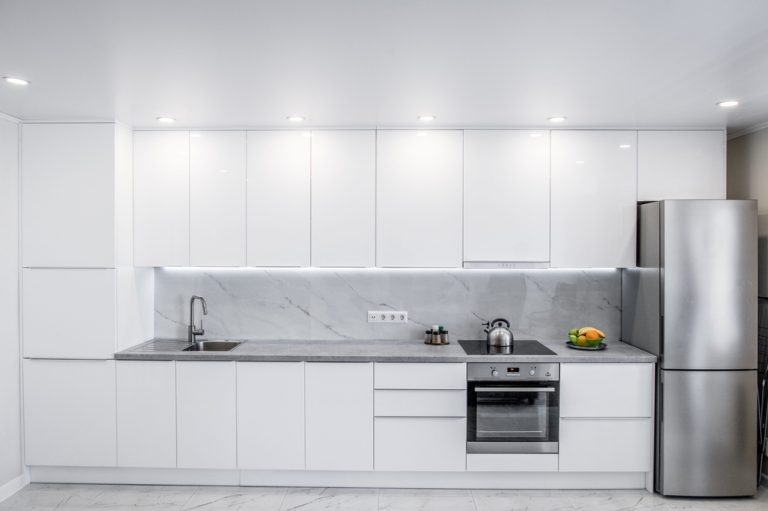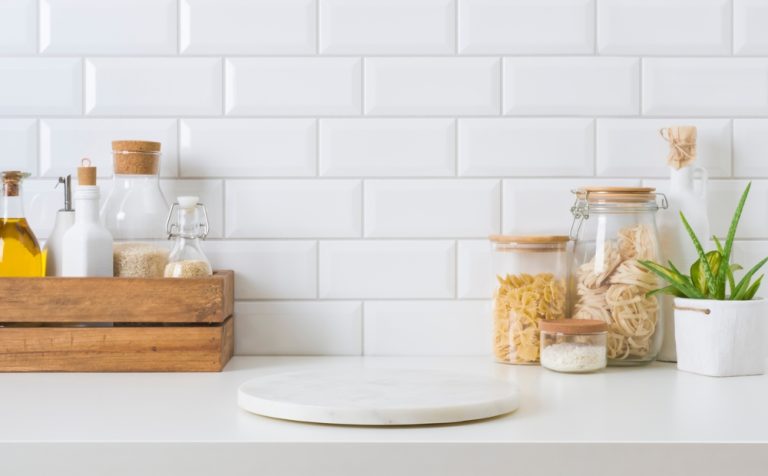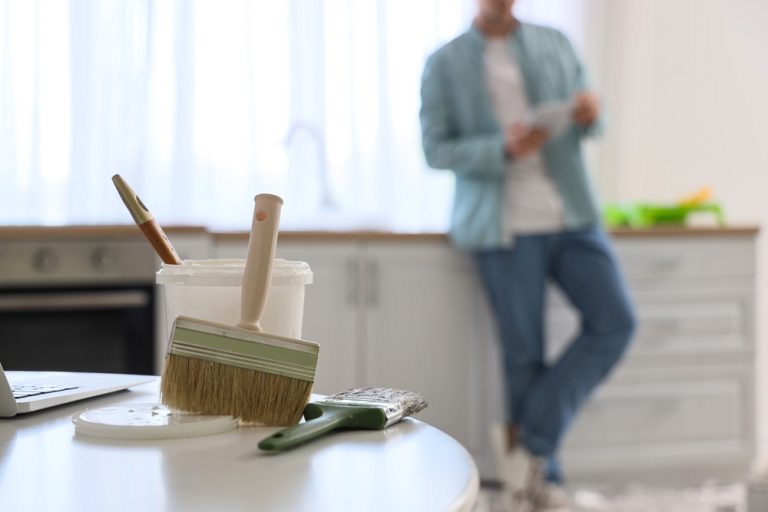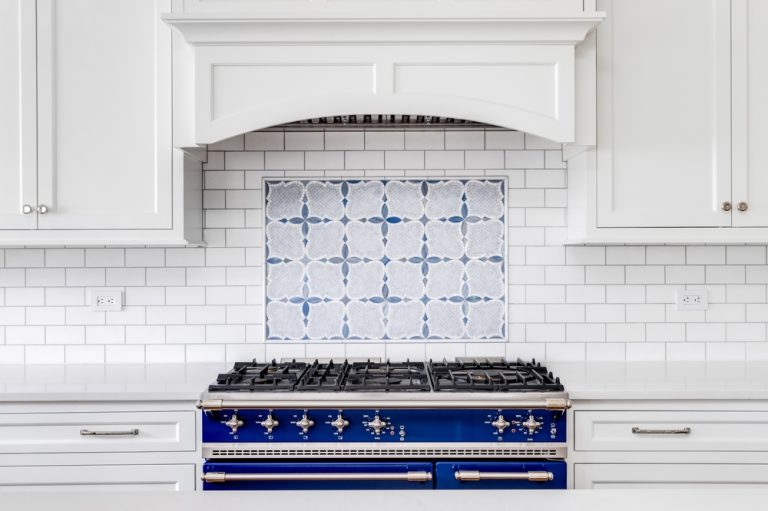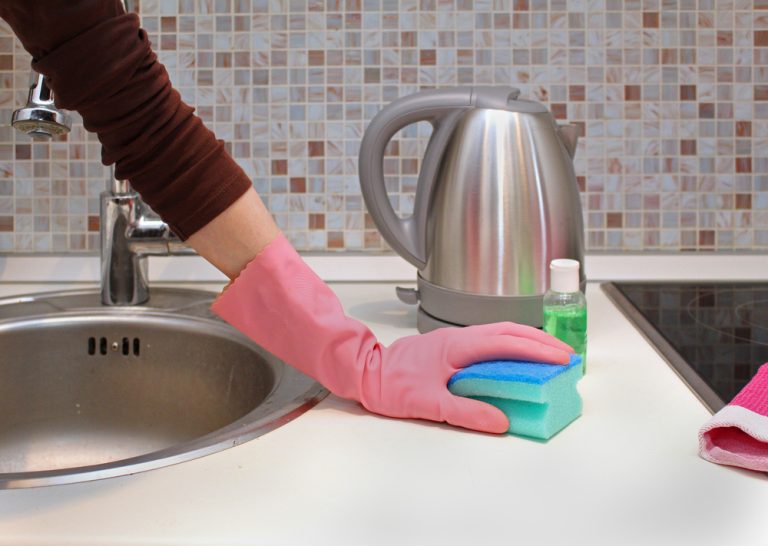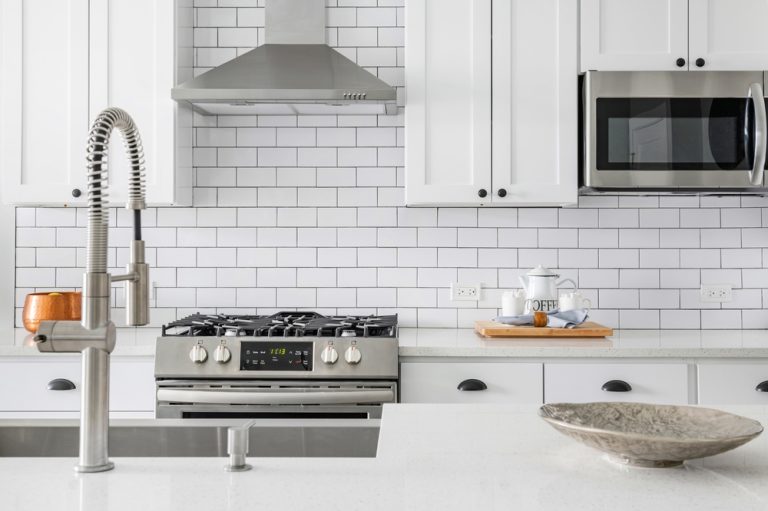Is Marble Tile Good for Kitchen Floors?
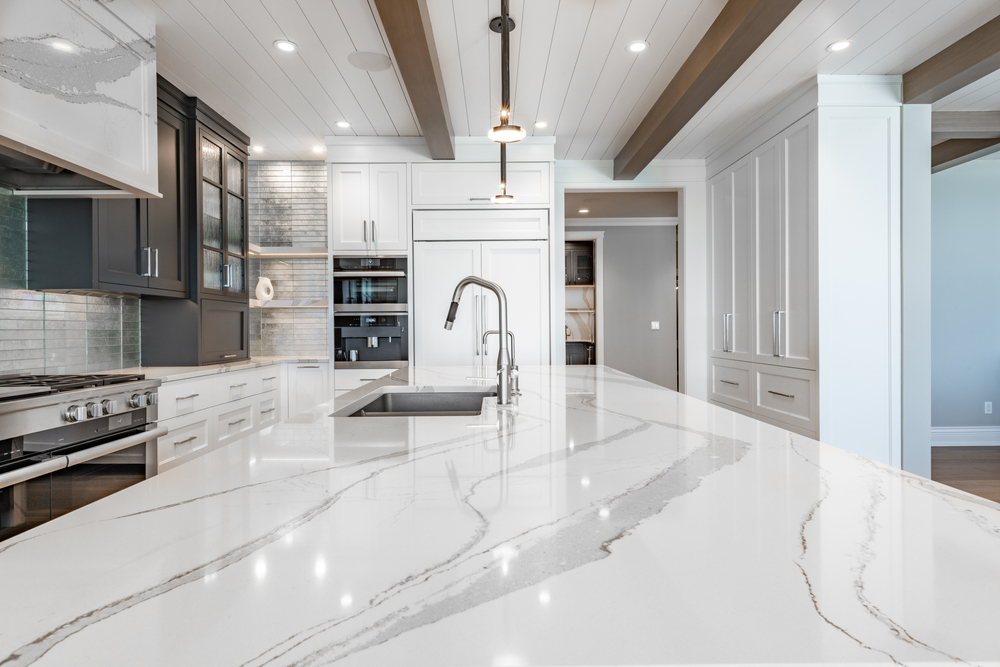
When designing or renovating a kitchen, one of the most critical decisions is choosing the right flooring material. Among the various options available, marble tile often stands out for its elegance and timeless appeal. But the question remains: Is marble tile good for kitchen floors? While marble undoubtedly offers a luxurious look, it’s essential to weigh its benefits and drawbacks before making a decision.
In this guide, we’ll explore the pros and cons of using marble tile for kitchen floors, helping you determine if it’s the right choice for your home.
Understanding Marble as a Flooring Material
Before diving into whether marble tile is good for kitchen floors, it’s important to understand what marble is and why it’s a popular choice for various applications.
Natural Stone Beauty
- Unique Veining: Marble is a natural stone that forms over thousands of years, resulting in unique veining and color variations. This natural beauty is one of the main reasons why marble is highly sought after for flooring, countertops, and other surfaces.
- Luxurious Appeal: Marble has long been associated with luxury and sophistication. Its polished surface and elegant appearance make it a favorite in high-end homes and commercial spaces.
Durability
- Hard but Porous: While marble is a hard stone, it is also porous, meaning it can absorb liquids and stains if not properly sealed. This characteristic is crucial to consider when deciding if marble is suitable for kitchen floors, where spills and stains are common.
- Scratch and Etch Prone: Marble can be prone to scratching and etching, especially when exposed to acidic substances like vinegar, lemon juice, or certain cleaning products.
Pros of Using Marble Tile for Kitchen Floors
Marble tile has several advantages that make it an attractive option for kitchen flooring. Let’s explore the reasons why marble tile might be good for kitchen floors.
Aesthetic Appeal
- Timeless Elegance: Marble’s timeless beauty can elevate the look of any kitchen. Its classic appearance and unique veining patterns add an element of luxury and refinement that’s hard to match with other materials.
- Variety of Colors and Patterns: Marble is available in a wide range of colors, from classic white and grey to more dramatic hues like green, blue, and black. This variety allows homeowners to choose a marble tile that complements their kitchen’s design.
- Light Reflectivity: The polished surface of marble reflects light, which can make a kitchen appear brighter and more spacious. This is particularly beneficial in kitchens with limited natural light.
Durability and Longevity
- Long-Lasting Material: With proper care and maintenance, marble floors can last for decades. Unlike some synthetic materials that may wear down over time, marble maintains its structural integrity and can even improve in appearance with age.
- Cool to the Touch: Marble remains cool to the touch, making it a pleasant flooring option in warmer climates or during hot summer months. This cooling effect can add comfort to a busy kitchen.
Resale Value
- High-End Appeal: Installing marble floors in your kitchen can increase your home’s resale value. Buyers often perceive marble as a premium material, which can make your home more attractive on the market.
- Investment in Quality: While marble is more expensive upfront, its longevity and timeless appeal can make it a worthwhile investment for those looking to add long-term value to their home.
Cons of Using Marble Tile for Kitchen Floors
While marble has many benefits, it’s essential to consider the potential downsides before deciding if marble tile is good for kitchen floors.
High Maintenance Requirements
- Frequent Sealing Needed: Marble’s porous nature means it requires regular sealing to protect against stains and moisture. Depending on the level of use, marble floors may need to be sealed every 6 to 12 months to maintain their appearance and durability.
- Sensitive to Acidic Substances: Marble is particularly vulnerable to acidic substances, which can cause etching or dull spots on the surface. Spills from common kitchen items like tomatoes, wine, or vinegar need to be cleaned up immediately to avoid damage.
Prone to Scratches and Stains
- Scratch Susceptibility: While marble is a hard stone, it can still scratch easily, especially in high-traffic areas like the kitchen. Heavy pots, pans, or metal chair legs can leave marks on the surface.
- Staining Risk: Despite sealing, marble can still absorb liquids if spills are not promptly cleaned. Oils, wine, and other substances can penetrate the surface, leaving stains that are difficult to remove.
High Cost
- Expensive Material: Marble is one of the more expensive flooring options available, both in terms of material cost and installation. The price can vary depending on the type of marble and the complexity of the installation, but it is generally considered a premium product.
- Professional Installation Required: Due to its weight and the need for precise installation, marble tile typically requires professional installation, which adds to the overall cost.
Slippery Surface
- Risk of Slipping: The polished surface of marble can be slippery, especially when wet. This is a significant consideration in kitchens where water, oil, and other liquids are frequently present. Textured finishes or anti-slip treatments can mitigate this risk but may alter the appearance of the marble.
Tips for Using Marble Tile in Kitchen Floors
If you decide that marble tile is good for your kitchen floors, there are several steps you can take to ensure it remains beautiful and functional for years to come.
Choose the Right Finish
- Honed vs. Polished: Consider a honed finish, which is less glossy and more resistant to scratches and etching, especially for high-traffic areas like the kitchen. A honed finish provides a more matte appearance, which can reduce the risk of slipping and hide imperfections better than a polished finish.
- Textured Surfaces: If slip resistance is a concern, consider choosing a textured or brushed finish for your marble tiles. These finishes offer additional grip while still maintaining the stone’s natural beauty.
Invest in Quality Sealing
- Regular Sealing: Ensure your marble floors are sealed regularly to protect against stains and moisture. High-quality sealers can provide a barrier against spills, making it easier to maintain the floors.
- Professional Maintenance: Consider hiring a professional for periodic maintenance, including resealing and polishing. This can help maintain the marble’s appearance and extend its lifespan.
Use Rugs and Mats
- Protect High-Traffic Areas: Place rugs or mats in high-traffic areas, such as in front of the sink, stove, or entryways, to protect the marble from scratches and wear. Use mats with non-slip backing to prevent accidents.
- Avoid Rubber Backing: When choosing rugs or mats, avoid those with rubber backing, as they can trap moisture and cause discoloration or damage to the marble surface.
Clean with Care
- Use pH-Neutral Cleaners: Clean your marble floors with pH-neutral cleaners specifically designed for natural stone. Avoid using harsh chemicals, acidic cleaners, or abrasive scrubbers that can damage the surface.
- Promptly Address Spills: Wipe up spills immediately to prevent staining or etching. Use a soft cloth or mop to clean up liquids, and avoid dragging heavy objects across the floor.
Conclusion
So, is marble tile good for kitchen floors? The answer depends on your priorities and willingness to maintain the material. Marble offers unparalleled elegance and a timeless appeal that can elevate any kitchen space. However, it requires careful maintenance and comes with higher costs and potential vulnerabilities, such as scratching, staining, and slipperiness.
If you’re drawn to the luxurious look of marble and are prepared to invest in its upkeep, it can be an excellent choice for your kitchen floors. By choosing the right finish, investing in proper maintenance, and taking precautions to protect the surface, you can enjoy the beauty and sophistication of marble in your kitchen for many years.

